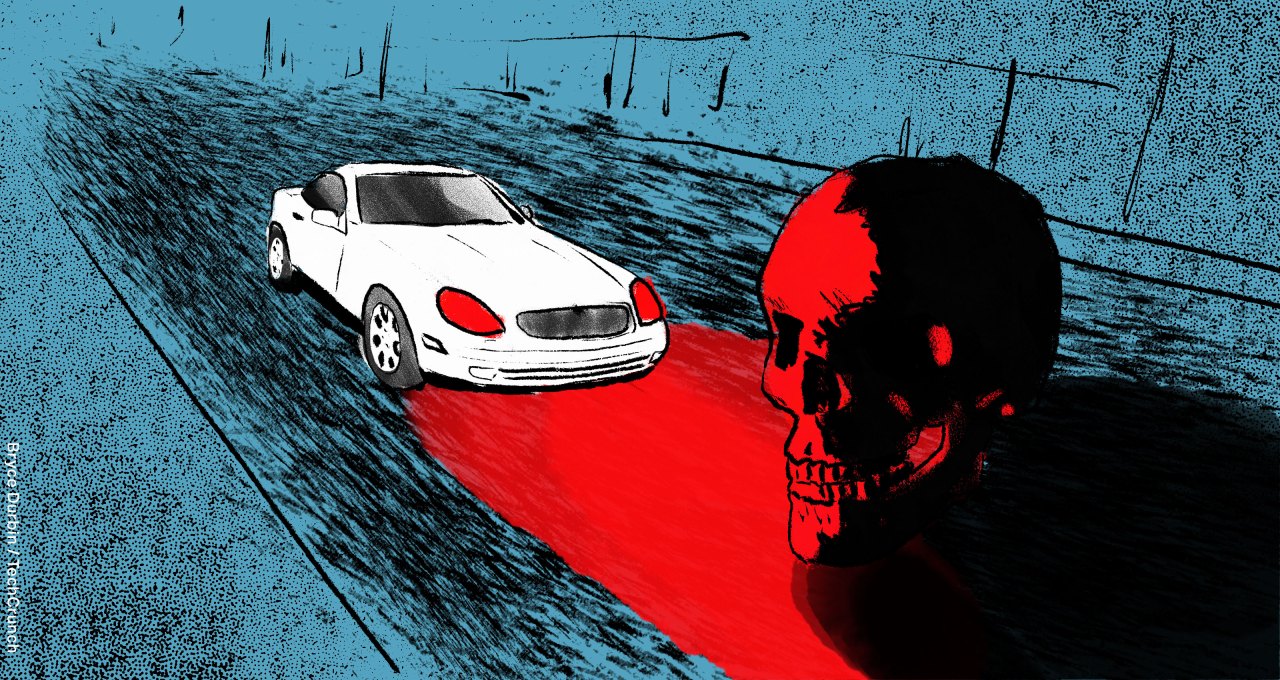With the rise of autonomous vehicles, we find ourselves at the crossroads of technology and ethics, grappling with a multitude of questions that probe the very fabric of our societal values. As our roads become increasingly populated with AI-powered machines, the discussion shifts to what happens when these vehicles are faced with life-and-death decisions. Should they prioritize their passengers or innocent bystanders? What ethical code governs their actions? In this blog post, we will explore some insightful perspectives on these dilemmas while focusing on a groundbreaking proposition: when in danger, a self-driving car should prioritize self-destruction over the loss of human life.
The Trolley Problem Revisited
The ethical quandaries surrounding self-driving cars often draw comparisons to the classic “Trolley Problem.” In its many iterations, this thought experiment illustrates the complexities of moral decision-making when lives hang in the balance. While the basic premise involves making a choice between saving multiple lives at the cost of one, applying this to the real world of self-driving cars introduces layers of challenges.
- In scenarios where a car must choose how to act in an emergency, traditional ethical frameworks struggle to provide clarity.
- As our environments are filled with varied pedestrians, the lines get blurred: Who gets saved? Is there a hierarchy based on age, ability, or other factors?
- These abstract debates naturally sidestep the reality that such situations are statistically improbable.
The Road to Trust
For autonomous vehicles to become a staple of our transportation systems, an innate trust must evolve between humans and machines. This trust can be categorized into:
1. Implicit Trust
Much like how we trust our conventional vehicles to perform reliably, implicit trust in self-driving cars must also be established. As consumers become more familiar with the technology, their confidence will grow, enabling an ecosystem where people can get in and out of a car without fear of catastrophic failure.
2. Explicit Trust
Explicit trust is nurtured through clear communication about how autonomous vehicles operate. Unlike human drivers, AI lacks the ability to engage in non-verbal cues like eye contact or intuitive gestures. Thus, it will be paramount to understand the rules by which these machines operate:
- Autonomous vehicles may follow strict adherence to traffic laws, avoiding risky maneuvers that might endanger pedestrians.
- By establishing acceptable patterns and behaviors for how these cars respond to roadway conditions, we can foster smoother interactions between human pedestrians and machine drivers.
The Proposal for Self-Destruction
The crux of our discussion lies in the controversial suggestion that, in extreme situations where casualties are imminent, autonomous vehicles should opt for self-destruction over harming innocents. This directive could be framed as a universal rule within the programming of self-driving cars.
Here’s how this could be approached:
- Self-driving cars should have protocols targeting evasive action, which could include safely accelerating into an obstacle rather than harming pedestrians.
- Passengers inside the vehicle must knowingly accept the risk involved in riding inside an autonomous vehicle. Their consent plays a vital role in the ethical landscape of this scenario.
- With the right measures in place, such as constant monitoring of the car’s surroundings, these vehicles can effectively mitigate crisis situations while adhering to the established ethical framework.
Understanding the Implications
This proposition, while radical, is rooted in a genuine intent to prioritize human life. The fear of being a victim of a self-driving car’s decision-making process looms large. Therefore, making it clear that these machines are programmed with self-preservation as a last resort allows society to develop a trusted relationship with this technology. When the world understands that a car’s programming inclines towards self-destruction in dire scenarios, apprehensions could potentially dissipate.
The Future of Autonomous Ethics
The transformation of self-driving cars into reliable members of our transport networks will undoubtedly come with challenges. Though catastrophic situations are exceedingly rare, the need for robust ethical guidelines is undeniable. Acknowledging and addressing these dilemmas demonstrates a proactive approach to integrating technology into our daily lives.
Conclusion
Self-driving cars stand at the frontier of a significant transformation in transportation and, with them, a multitude of ethical considerations. As we delve deeper into the moral complexities surrounding these machines, we can initiate meaningful discussions that will shape the policies of the future. The proposition of self-destruction might seem extreme, but it offers a clear direction toward prioritizing human life above all else.
By fostering an environment of trust and transparent communication, we can pave the path for self-driving vehicles to coexist harmoniously with human pedestrians, thereby contributing to a safer future.
At fxis.ai, we believe that such advancements are crucial for the future of AI, as they enable more comprehensive and effective solutions. Our team is continually exploring new methodologies to push the envelope in artificial intelligence, ensuring that our clients benefit from the latest technological innovations.
For more insights, updates, or to collaborate on AI development projects, stay connected with fxis.ai.

